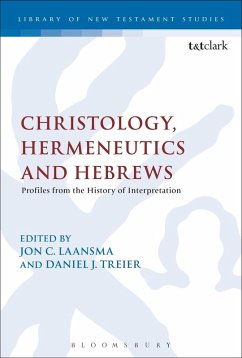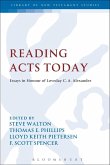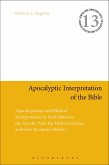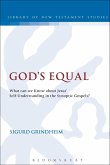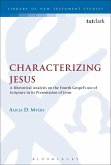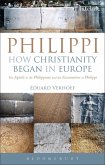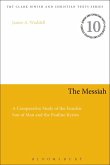This book discusses the history of the interpretation of the Letter to the Hebrews across the last two millennia. Beginning with the Patristic period, essays go on to examine the responses of Thomas Aquinas, Martin Luther, John Calvin, as well as more recent figures such as Karl Barth and contemporary global interpreters.
The premise behind the work is to move study of Hebrews away from the perennial arguments about its authorship and provenance and to instead engage with it from a theological perspective, focusing upon the text's reception history. Consequently the issue of the Christological message in Hebrews is at the forefront and is considered both in terms of the interpreter's context and historical setting. At the end of the book the investigations are summarised and responded to by leading scholars Harold Attridge, Donald A. Hagner and Kathryn Greene-McCreight; providing a fitting conclusion to a radical academic project.
The premise behind the work is to move study of Hebrews away from the perennial arguments about its authorship and provenance and to instead engage with it from a theological perspective, focusing upon the text's reception history. Consequently the issue of the Christological message in Hebrews is at the forefront and is considered both in terms of the interpreter's context and historical setting. At the end of the book the investigations are summarised and responded to by leading scholars Harold Attridge, Donald A. Hagner and Kathryn Greene-McCreight; providing a fitting conclusion to a radical academic project.

